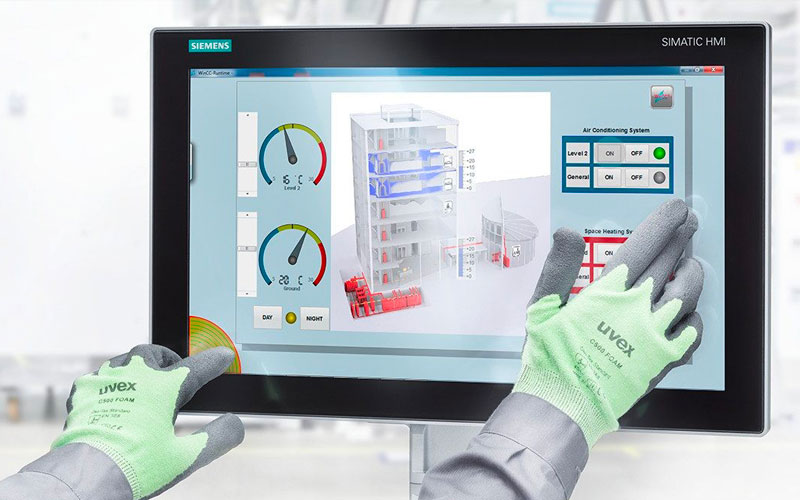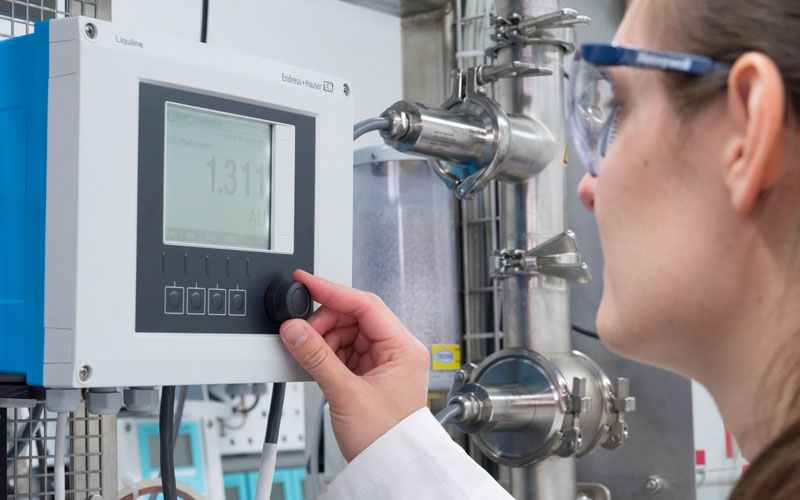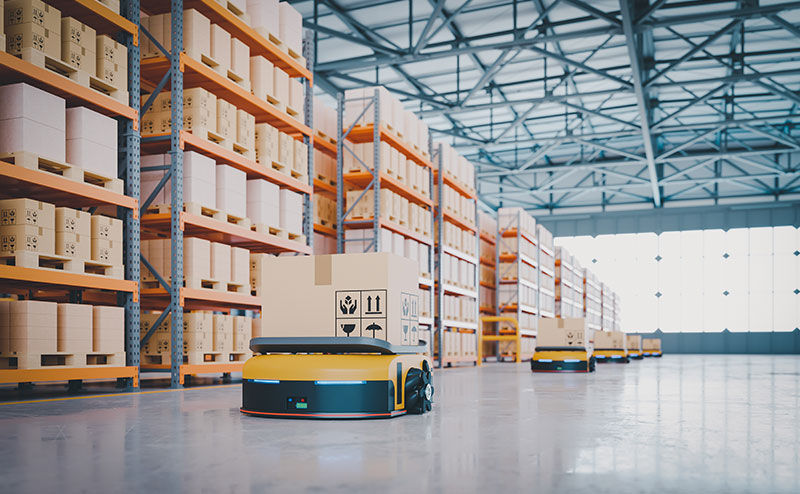What is a HMI?
The human-machine interface (HMI) is everywhere but, with the average person spending 8.3 hours per day using technology, it might not surprise you to find out that you're using HMIs all the time but you just might not have thought of it like that...
You see, in its purest sense, the HMI is simply a device that lets you communicate with a machine or computer.
For example, you (a Human) could interact with a Netflix account (the Machine) via a television remote (the Interface) by using click and voice commands.

However, in industrial automation, engineers interface with their plant and production lines via purpose-built displays commonly known as HMIs.
Industrial HMIs are typically special computer screens that are enclosed within a rugged or purpose-built housing. They can be flush or panel mounted and, in many cases, they are touchscreen.

Depending on the environment, a different type of mounting or touch technology might be used.
For example, in the pharmaceutical industry where hygiene, sanitation and safety are a particular concern, resistive touchscreen with 5-wire technology is commonplace as it can be operated with gloves or with a touch pen because it reacts to pressure on the screen.

Other touchscreen technologies include Surface Capacitive touch, Projected Capacitive (P-Cap), SAW (Surface Acoustic Wave), and IR (Infrared).
Moving on, HMIs are not only selected specifically for their environment but they are often programmed specifically for their application too.
For example, in a power plant, pressure levels, flows and temperatures might be frequently monitored and regulated whereas on a production line the user interface might show details such as current process location, runtime remaining and material counts.

Furthermore, HMIs can monitor, control and program PLCs remotely, saving precious time when troubleshooting and/or during times of unexpected maintenance and, in more sophisticated applications, it would not be unusual to see a single HMI capable of monitoring and managing all activity and resource levels for an entire site (or a series of remote sites).
So, there you have it — the HMI: Durable, powerful and nothing short of instrumental on the shop floor and in today's world.
At Foxmere, we specialise in the sale of industrial automation and control components and we have a long history of both selling and repairing HMIs.
If you would like to know more about our expertise, the HMI in general, or if you simply have a RFQ please contact us on +44 (0)1922 349 999 where one of our expert team is ready to take your call.


